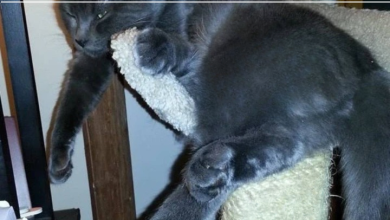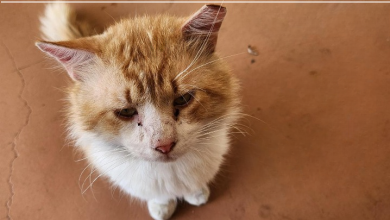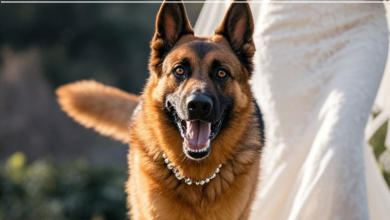HE LEFT DOG-SITTING NOTES ON EVERY DOOR—BUT IT WAS NEVER REALLY ABOUT THE DOGS
Troy was around nine or ten—one of those kids always marked with crayon smudges and carrying a backpack nearly bigger than himself. After weeks cooped up inside, he began slipping hand-drawn notes under everyone’s doors in our apartment complex—scribbled in bright red and blue, offering to walk their dogs “after the virus.”
Most neighbors found it heartwarming. Some even got emotional.
But it wasn’t until I opened my note and glanced up that I saw Troy standing in front of me.
No dog. No leash.
Just a hopeful expression, like a kid waiting to be chosen.
“You have one?” he asked, his eyes drifting toward my front door. “A dog?”
I said no.
He smiled—kind of—but not all the way.
“Oh,” he replied, nodding. “Okay.”
And then he turned to leave, still holding the stack of notes. As he walked away, I heard him whisper under his breath:
“I just miss the noise…”
Then he was gone, and I was left with a tightness in my chest I couldn’t explain.
That evening, scrolling through social media, I saw a neighbor had posted a picture of Troy’s note next to her golden retriever. Her caption gushed about how sweet he was and how thoughtful the gesture had been.
But something about the image didn’t sit right with me. Like we were missing the real reason behind those notes.
So the next morning, I headed outside, hoping to find him. I brought a granola bar just in case. Sure enough, he was sitting by the mailboxes, his pile of colorful notes now slightly soggy from the rain.
I walked over and offered the snack.
He hesitated, then took it with a quiet “thanks.”
When I asked if he really liked dogs, he shrugged and said, “They’re okay.”
I raised an eyebrow. “You sure? That’s a lot of notes for ‘okay.’”
He glanced away and muttered, “It’s not really about the dogs.”
Eventually, he opened up. He told me his dad used to take him to the park every Saturday, where the noise—the barking, laughter, energy—made everything feel alive. But his dad had left before the pandemic, and Troy hadn’t seen him since.
The notes, he admitted, were just a way to feel close to something again. To bring back some of the joy and chaos he missed.
So I offered to take him to the park. No dogs required.
The next day, we met up with snacks and a frisbee. He showed up in oversized shoes, carrying a sketchpad full of animal drawings. We spent hours running around, laughing, and even playing with a stranger’s dog who wandered over.
It became a routine. More kids joined. Adults too. Slowly, Troy began smiling more, talking more. Healing.
One day, he asked me, “Do you think my dad misses the noise too?”
I paused before answering. “Maybe. People leave for different reasons. But that doesn’t mean they stop caring.”
He nodded, then sketched a picture of a boy and a man walking through a park, surrounded by dogs and swirling leaves. It was beautiful.
Later, his mom thanked me for being there. But honestly, all I did was listen. The rest was Troy.
And that’s when I truly understood—it was never really about the dogs.
It was about belonging. Connection. Filling a quiet space with love.
Message: Sometimes the smallest gestures hide the deepest hopes. A kind word or open ear might be all someone needs. Take the time to notice—and care.




